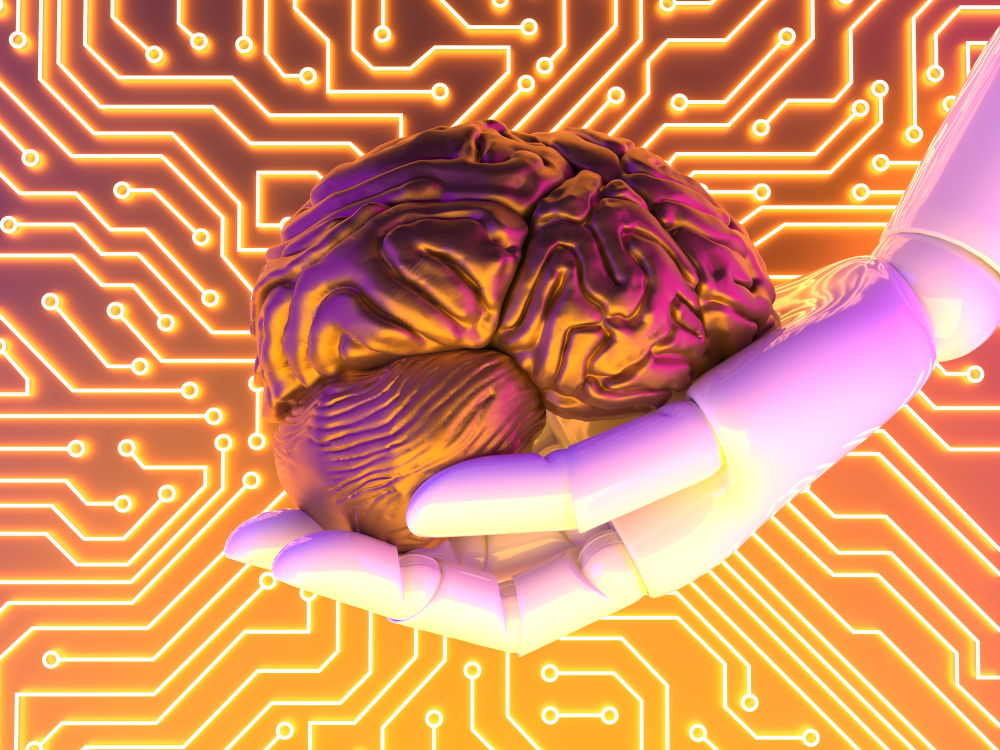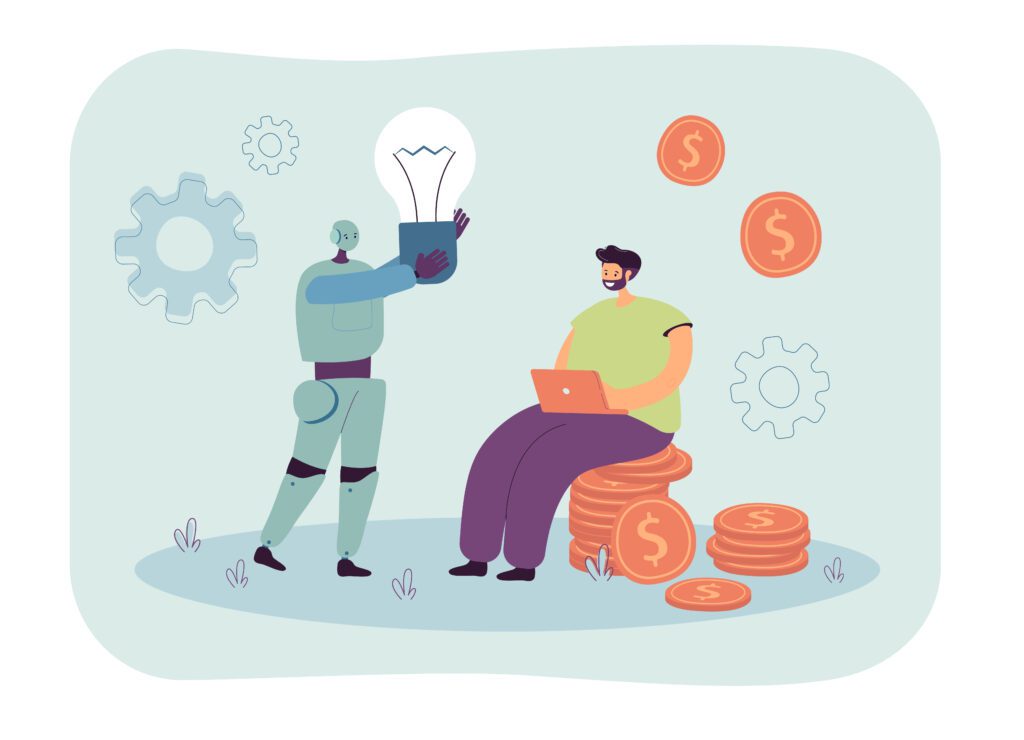Imagine a world without spreadsheets, calculators, or even your typical ‘Excel Sheets’.
Ages ago, accounting actually meant meticulous manual record-keeping and number crunching.
But how did we get from there to the sophisticated, AI-powered accounting systems that we use today?
This blog is your time machine, taking you on a fascinating journey through the history of accounting, wherein we’ll explore:how simple tools like the abacus transformed into the sophisticated computer systems that we know today.
Join us as we discover how accounting has adapted to change and unlock the secrets of its exciting future!
The Ancient Beginnings
So, our journey begins in the cradle of civilization, where rudimentary counting systems like clay tokens and tally sticks helped keep track of trade and taxes. In Mesopotamia, around 3000 BC, merchants adopted clay tablets to record transactions – the earliest known accounting records!
Double-Entry Revolution: The Birth of Modern Accounting
Fast forward to 1494, and a revolutionary idea emerges from the mind of Luca Pacioli, the “Father of Accounting.” His book, Summa de Arithmetica, introduces double-entry bookkeeping, a system that balances every debit with a credit, ensuring accuracy and accountability. Finally, This was the much needed game-changer that laid the foundation for modern accounting.
The Tech Takeover
The Industrial Revolution brought a wave of technological advancements, and accounting wasn’t left behind.
So, the abacus, a bead-based calculator with roots in ancient China, became a common sight on desks. In the 17th century, mechanical calculators like the Pascaline offered a significant leap forward, paving the way for the electronic marvels of the 20th century.
The Digital Transformation
The rise of computers in the late 20th century ushered in a new era for accounting. So, Spreadsheets, powerful software programs, transformed data analysis and reporting, freeing accountants from tedious manual tasks. Thus, today as AI is rapidly changing the game, automating repetitive tasks, analyzing complex data, and even predicting financial outcomes, the future of accounting seems quite promising.
Benefits of AI in Accounting:
1. Ditch the Tedium, Embrace Efficiency:
So, AI automates repetitive tasks like data entry, reconciliation, and invoice processing, freeing up your valuable human resources to focus on more strategic and analytical work. Therefore, with AI as your partner, imagine the time reclaimed, the stress diffused, and the productivity unleashed – a future brimming with boundless possibilities.
2. Accuracy Takes Center Stage:
AI analyzes vast datasets with unmatched speed and precision, detecting errors and inconsistencies that might escape even the most eagle-eyed accountant. Thus, Say goodbye to manual error checks and hello to confidence in your financial data’s integrity.
3. Risk Management:
AI isn’t just about crunching numbers; it’s a powerful risk management tool. Not only can AI analyze patterns and identify anomalies, but it can also leverage this insightful analysis to predict and prevent potential financial threats, fraud, and irregularities before they cause any harm.

4. Decision-Making with Insight:
Gone are the days of gut feelings and guesswork. Also, AI provides real-time data analysis, generating actionable insights and recommendations that support informed decision-making in every aspect of your business, from resource allocation to investment strategies.
5. Compliance Made Easy:
Navigating the ever-changing regulatory landscape can be daunting. Nonetheless, AI simplifies compliance by automating reporting and ensuring adherence to relevant regulations, freeing you to focus on what you do best: running your business.
6. Data Exploring:
Thus, AI is a master data explorer, unearthing valuable patterns and trends hidden within your financial records. So, this translates to better forecasting, optimizing resource utilization, and identifying new growth opportunities you might have missed.
7. Talent Acquisition & Retention:
While the accounting profession grapples with a significant talent shortage, AI emerges as a promising solution, bridging the gap by automating routine tasks.
8. 24/7 Financial Guardian:
AI never sleeps,but rather continuously monitors your financial data, providing real-time insights and proactive alerts around the clock. Unlike traditional methods, this keeps you on top of things and ready to tackle challenges, even when you’re not chained to your desk.
Here are some of the ways AI is already impacting accounting:
Robotic Process Automation (RPA): Robots are handling repetitive tasks like data entry and invoice processing, freeing up human accountants for higher-value work.
Machine Learning: Algorithms are analyzing large datasets to identify patterns and trends, assisting with fraud detection, risk management, and financial forecasting.
Natural Language Processing (NLP): In summary, AI can understand and process human language, allowing accountants to communicate with clients and colleagues more efficiently.
The Future of Accounting:
The future of accounting is a fascinating blend of human expertise and AI’s computational power. Accountants will become strategic advisors, focusing on insights and decision-making, while AI handles the heavy lifting of data processing and analysis. This dynamic duo will drive financial transparency, optimize resource allocation, and ultimately, fuel business growth.
AI-Human Symbiosis

AI-powered tools are already automating complex tasks like data entry, reconciliation, and even fraud detection. This frees up accountants to focus on more strategic work, such as advising clients and providing insights to drive business growth.
While AI may automate repetitive tasks and shake up the traditional accounting landscape, it doesn’t spell doom for human accountants. Instead, it presents an exciting opportunity for evolution. Accountants who embrace AI as a tool, not a threat, will thrive. By honing their analytical skills to interpret AI-generated insights, their communication skills to explain complex financial concepts to diverse audiences, and their problem-solving prowess to tackle intricate challenges alongside AI, these future-proof professionals will remain irreplaceable stewards of financial data, ethical navigators of complex decisions, and trusted advisors in a world transformed by technology. The future of accounting isn’t about replacing humans, but about humans and AI working together, each playing to their unique strengths, to unlock a new era of financial clarity, efficiency, and impact.
Here are some of the trends we can expect to see in the future of accounting:
- Greater integration of AI into the accounting software and tools.
- Development of more sophisticated AI algorithms to handle complex tasks.
- Increased focus on data privacy and security as AI becomes more integrated into financial systems.
- Emergence of blockchain-powered accounting systems for real-time data transparency and enhanced traceability.
- Personalized financial dashboards, like PaperLite provides you, and AI-driven insights tailored to individual needs and goals.
- Secure cloud platforms and collaborative tools enable remote-first accounting practices.
- Focus on sustainability accounting and ESG reporting, integrating environmental and social impact into financial analysis.
- Greater emphasis on soft skills like critical thinking, ethical decision-making, and communication in the AI-powered accounting landscape.
Conclusion
In summary, from the humble abacus to the powerful AI of today, accounting has come a long way. The future looks bright for this dynamic profession, with AI serving as a valuable tool to enhance efficiency, accuracy, and insights. By embracing technology and lifelong learning, accountants can ensure their continued relevance in the ever-evolving world of finance.

